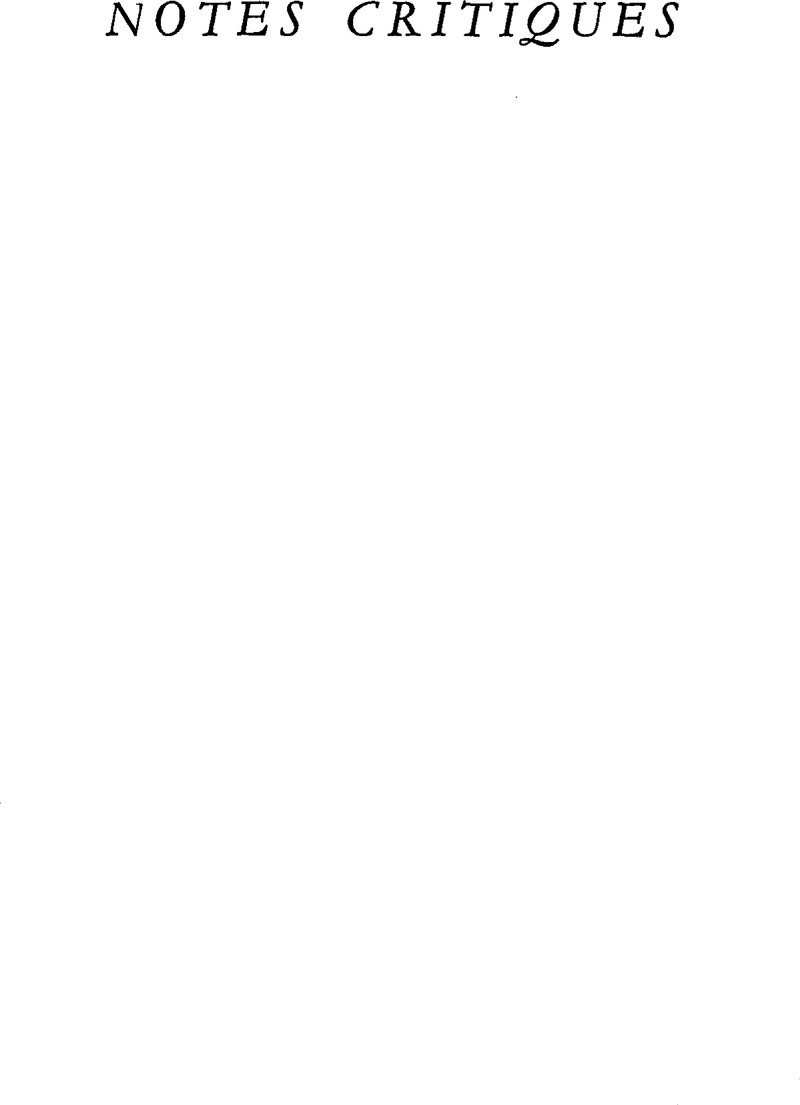Published online by Cambridge University Press: 28 July 2009

(1) Weber, Max, “Science as a Vocation”, in Gerth, H. H. and Mills, C. Wright, From Max Weber: Essays in Sociology (New York, Oxford University Press, 1946), pp. 129–156.Google Scholar
(2) Asemissen, Ilse, Frenzel, Renate, Goldschmidt, Dietrich, Von Krockow, Christian Graf, Plessner, Helmuth., Nachwuchsfragen im Spiegel einer Erhebung, 1953–55 (Göttingen, Vandenhoeck und Rupert, 1956), PP. 37–49Google Scholar; which is vol. I of Plessner, Helmuth (ed.), Untersuchungen zur Lage der deutschen Hochschullehrer (Göttingen, Vandenhoeck und Rupert, 1956), 3 vols.Google Scholar
(3) Ibid. p. 49.
(4) Von Ferber, Christian, Die Entwicklung des Lehrkörpers der deutschen Universitäten und Hochschulen, 1864–1954 (Göttingen, 1956)Google Scholar [Vol. III of Plessner, (ed.), op. cit.], pp. 81–82, 93–94.Google Scholar
(5) Ibid. pp. 155–56.
(6) Weber, Max, op. cit. p. 149.Google Scholar
(7) Caplow, Theodore and McGee, Reece J., The Academic Market Place (New York, Basic Books, 1958).Google Scholar
(8) Ibid. pp. 7–17.
(9) New York, Oxford University Press, 1942.
(10) v. Ferber, , op. cit.Google Scholar
(11) Ibid. pp. 81–82.
(12) Zloczower, Awraham, Career Opportunities and the Growth of Scientific Discovery in 19th Century Germany, M. A. thesis, Department of Sociology, Hebrew University (Jerusalem, 1960). Unpublished.Google Scholar
(13) Flexner, Abraham, Universities, American, English, German (New York, Oxford University Press, 1930).Google Scholar
About the actual conditions of the Privatdozentur, cf. in addition to the sources quoted in notes 10 and 12 Busch, Alexander, Die Geschichte des Privatdozenten (Stuttgart, Ferdinand Enke Verlag, 1959), pp. 4353, 109–141.Google Scholar
(14) Cf. Ben-David, Joseph, Scientific Productivity and Academic Organization in Nineteenth Century Medicine, American Sociological Review, XXV (1960), 828–843.CrossRefGoogle Scholar
(15) U. S. Census of Population: 1950, Special Reports, Occupationa. Characteristics, PE N° 1B, vol. IV, part 1, chapter B (U. S. Government Printing Office, 1956), p. 1 B–37, table 4; Plessner, (ed.), op. cit. vol. II, p. 126.Google Scholar
(16) Wilson, , op. cit. pp. 160–164Google Scholar; Caplow, , op. cit. pp. 75–76, 134–35, 152–55, 225.Google Scholar
(17) Knapp, R. H. and Goodrich, H. B., Origins of American Scientists; a study made under the direction of the faculty of Wesleyan University (Middletown, Conn., University of Chicago Press for Wesleyan University, 1952).Google Scholar
(18) With some qualifications these generalizations are probably true for the development of English, French and Russian science as well.